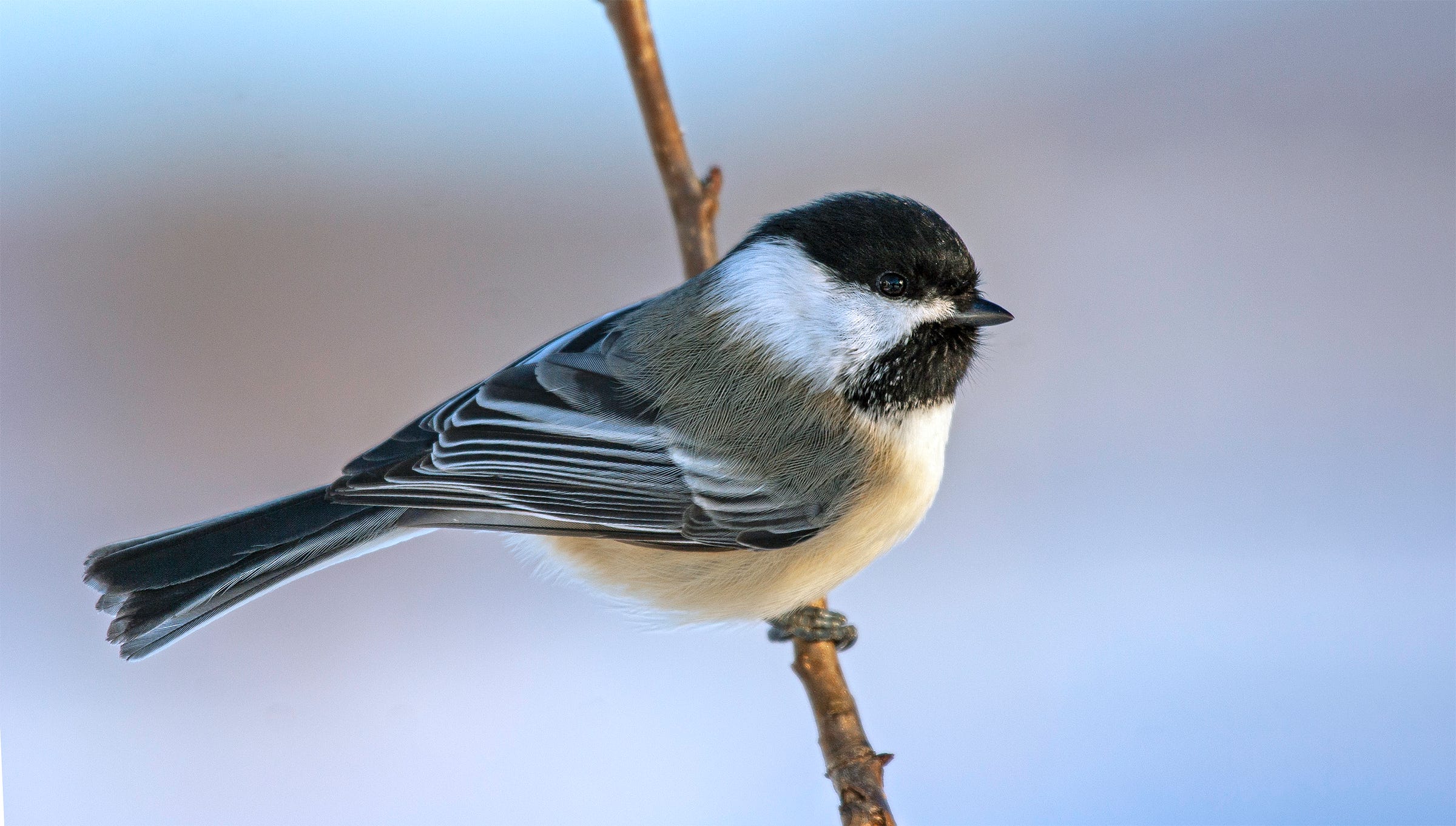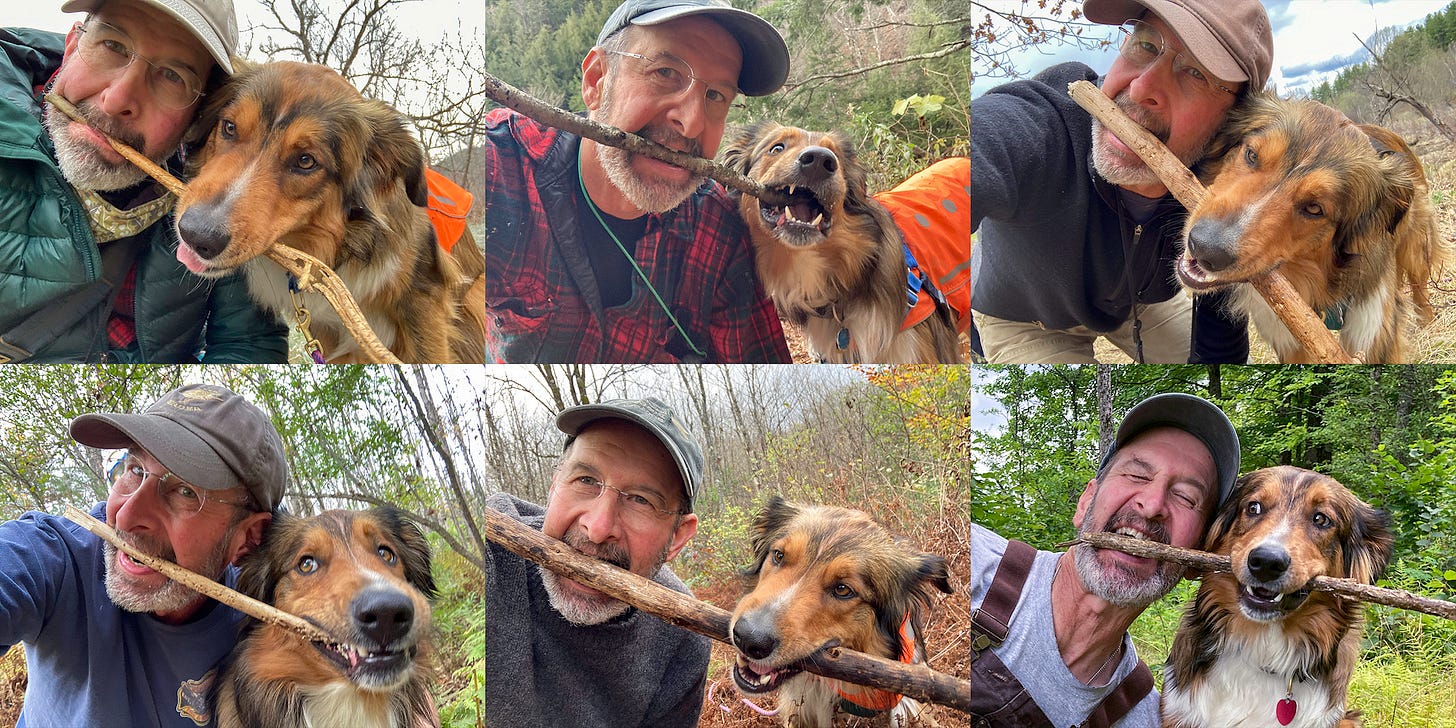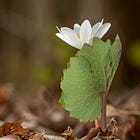FOR all the intrinsic uncertainty in the world, we humans sure like to predict the future. Weather forecasting works to our benefit. But we don’t seem as prescient about warfare, nation building, pandemics, or politics — our leaders and pundits too often get that stuff wrong.
It’s much easier to predict what’s next in nature — and there’s a certain irony in that. Even as we damage or destroy so much of the living world, in the next few months the Black-capped Chickadees will surely begin their “fee-bee” love song, the Red Maple buds will get fat and flower, and the Monarch butterflies will launch their return journey from Mexico.
My resolution and pledge to you for 2025 is to continue writing with a sense of urgency, meaning, and joy in the presence of wildlife, wild places, and the human capacity for wonder. So instead of a customary year-in-review, here is a preview (okay, a prediction) of what’s coming soon to Chasing Nature — whatever might jump, walk, crawl, fly, slither, swim, decay or just sit there evolving. Predictable or not, it is the beautiful and complicated drama of life at every turn in the natural world:
First up in the new year will be jumping — an essay featuring a jumping spider (pictured below). About the size of a lentil, he’s been cavorting and defying death among my small community of carnivorous plants at home — and offering me a new year’s lesson on impermanence.
Next is news (and I’ve buried the lead here) announcing the Chasing Nature Podcast. Covering new terrain from the eco-sphere, these occasional audio conversations will feature expert guests and freewheeling ideas from between the lines of my essays. I’ve concluded that a podcast is preferable to online meets or chats as another way for me to connect with all of you, especially with paying subscribers (who will get exclusive episodes as extra gratitude). The podcast will be infrequent and modest at first (a “modcast”) because writing will remain the centerpiece of my way of life online.
Which brings us to Monarchs and You — and my essay about the proposal to list the Monarch butterfly as “threatened” under the U.S. Endangered Species Act. I’ll follow up on newly published Monarch research and the emerging politics of the listing proposal in the podcast’s debut episode in late January. Joining me will be Ernest Williams, emeritus professor of biology at Hamilton College. For more than four decades, Dr. Williams studied butterfly population biology and conservation, especially the amazing lives of Monarchs. So, for paying subscribers: With my essay as our starting point, send me your Monarch questions via this email address exclusively for you; Ernest and I will do our best to answer your inquiries in the podcast episode.
Also on the way is an essay on the evolution of the nature field guide, and why a new wave of masterful books is better than apps for learning in the natural world.
And finally (for now), in other news, I’ll be teaching a field seminar titled “The Ecology and Identification of Dragonflies and Damselflies” at the famed Eagle Hill Institute in Maine from July 6-12. Chasing Nature’s paying subscribers will get free access to screen recordings of seminar lectures. They’ll show up among the 2025 additions to our Classroom, which itself is a feature in the Go Wild portal.
Next, some silliness and a ton of sincerity ...
Gratitude from Bryan (and Odin)
AT THE DAWN of a new year, my third writing for you at Chasing Nature, one overriding idea comes to mind: Attention. Your attention — and therefore my obligation.
Attention is of course in short supply across the littered landscape online. That you choose to spend some of it here means more to me than I can express in a New Year’s greeting. Instead, week after week, I do my utmost to bring you substance and meaning in every essay, every photograph, every idea. My pledge and obligation to you is to think and write to the best of my abilities. (Otherwise, why bother?)
I’ll be honest: Delivering on that pledge demands much of my time and intellectual horsepower. It’s a tough way to earn a meager living. But it is who I am and how I want to turn outward so that we might learn and think and experience more of the world together. So thank you for your attention, with extra gratitude for the paying subscribers who believe in me — you make Chasing Nature possible for so many people around the world.
And in the new year, when I’m not fetching sticks with Odie, I’m sending all of you wishes for peace and justice and kindness on this long, green path.











It is ironic that as you note wars seem to surprise people when they occur in every instance for entirely human reasons
Looking forward especially to the jumping spider essay. Thanks for all you do to evoke joy and wonder, and bring such reverent attention to the natural world.